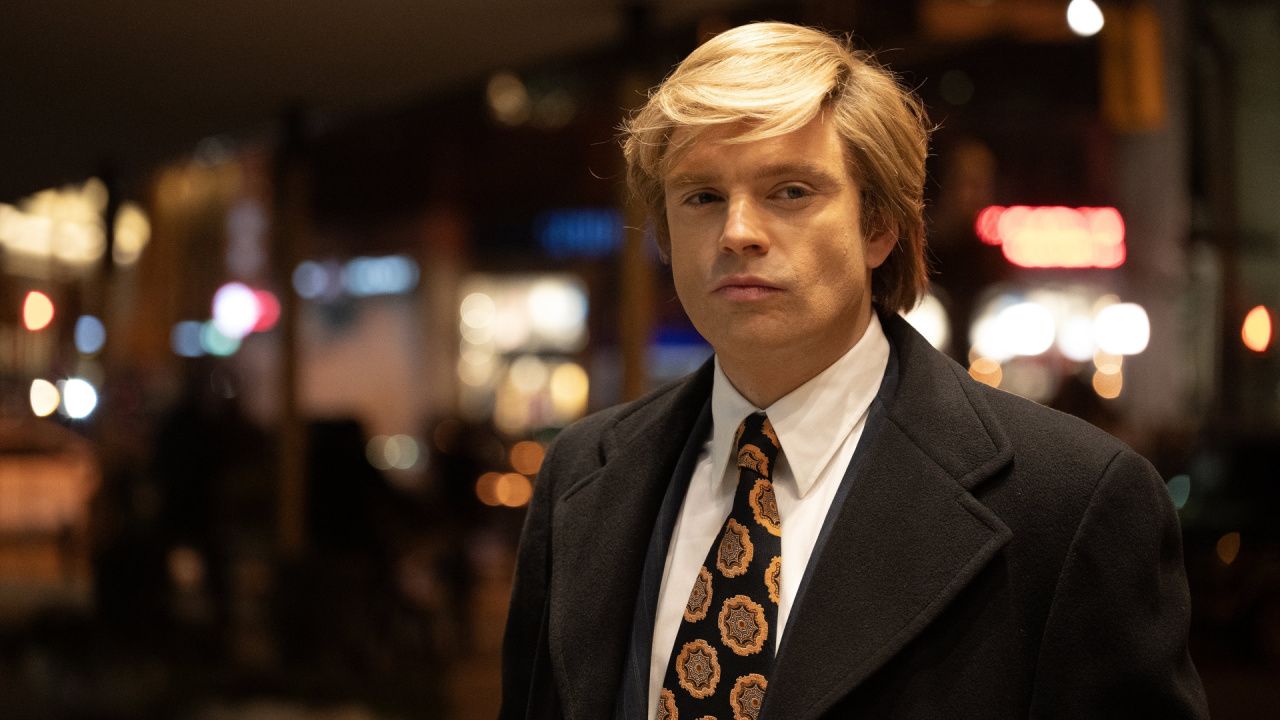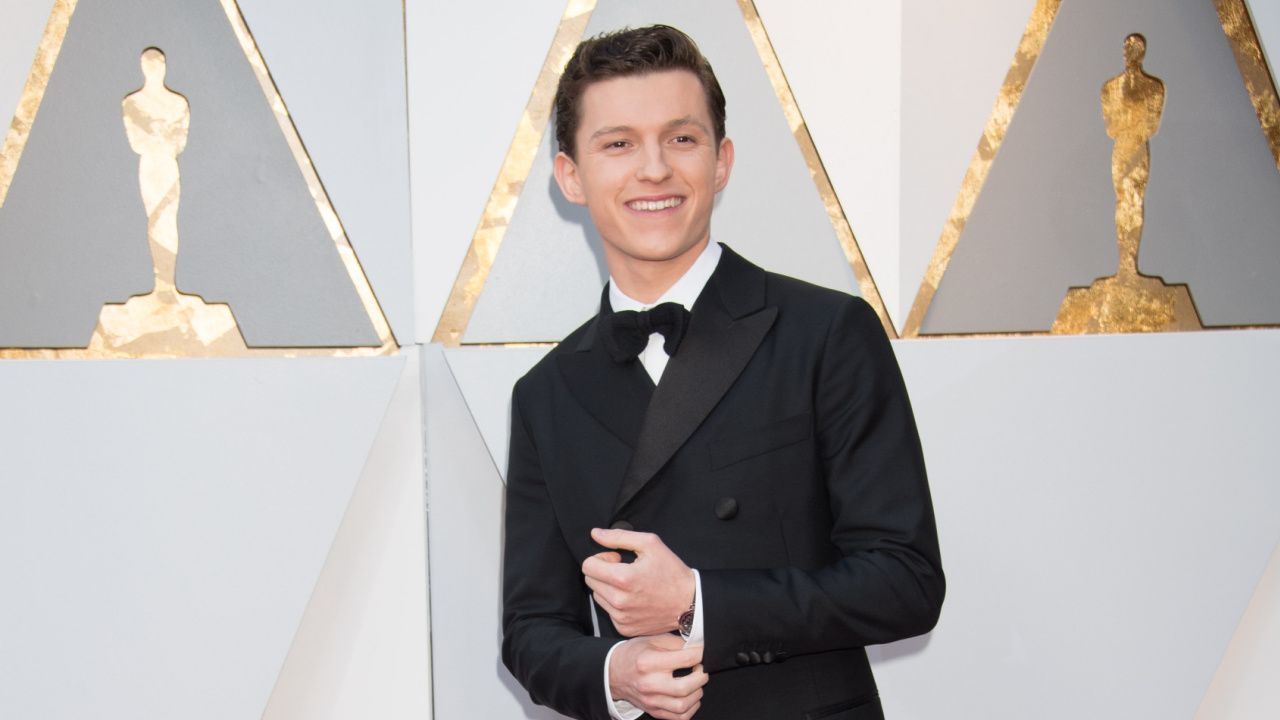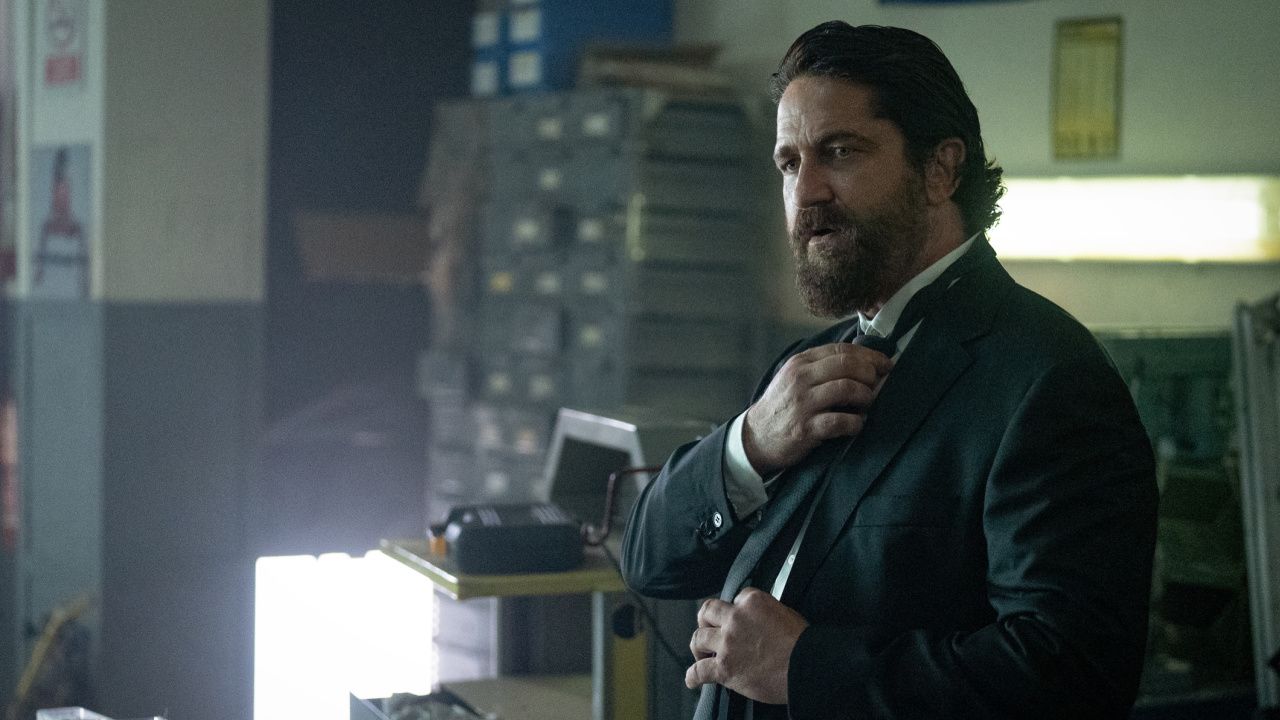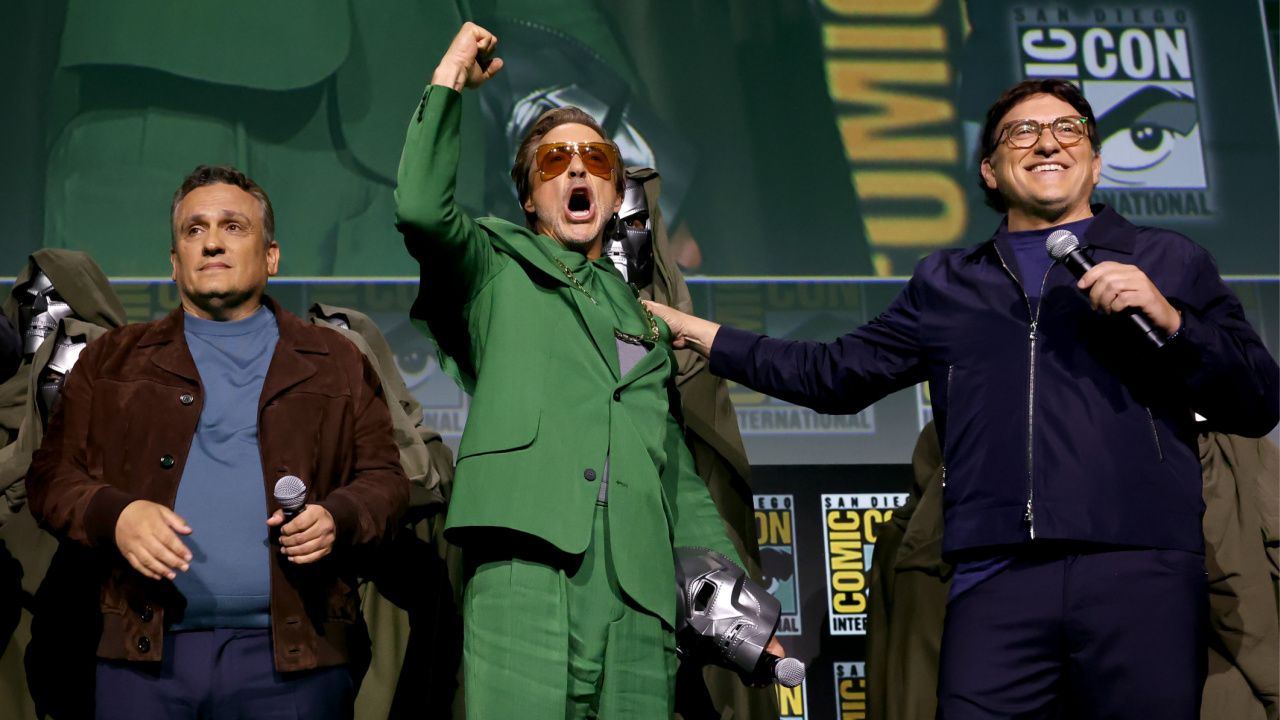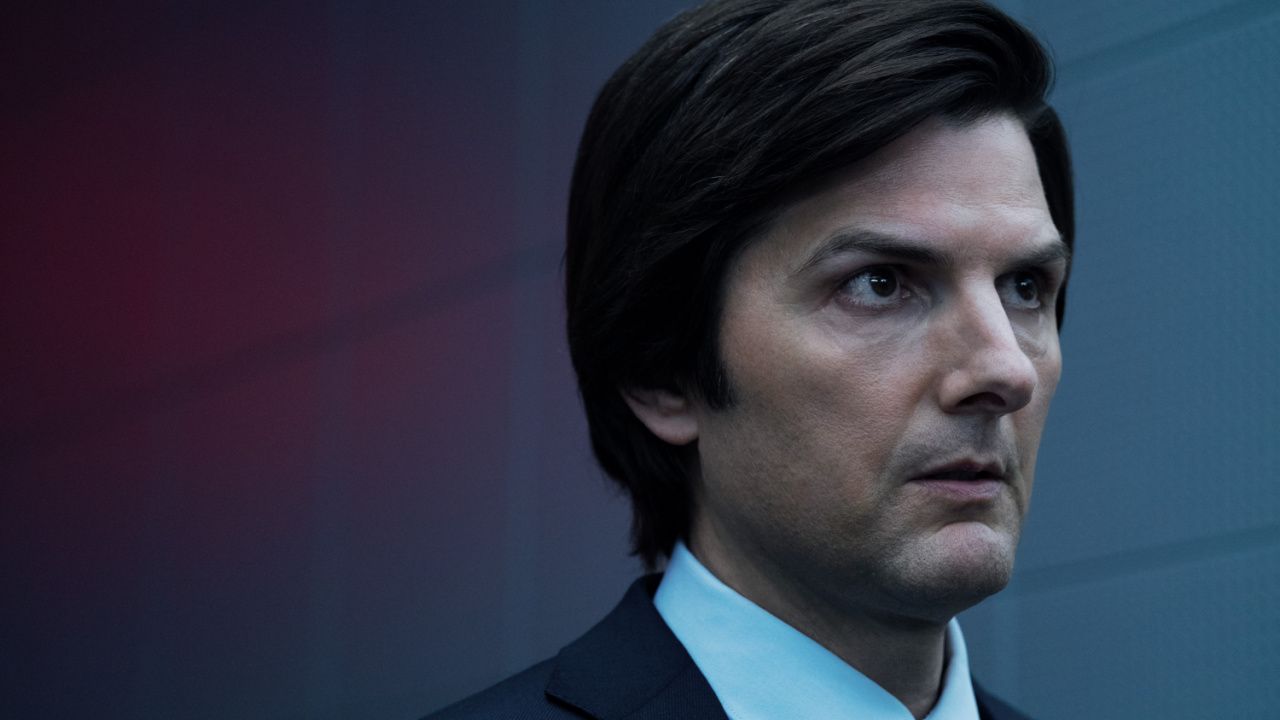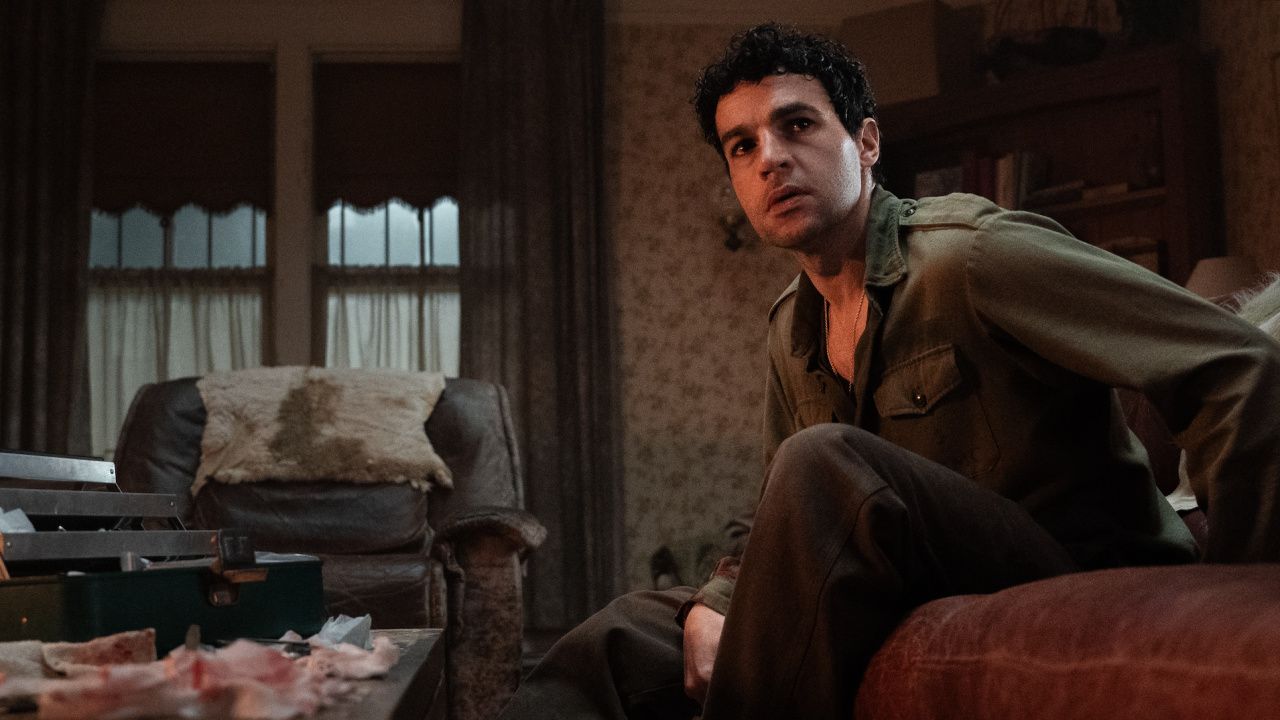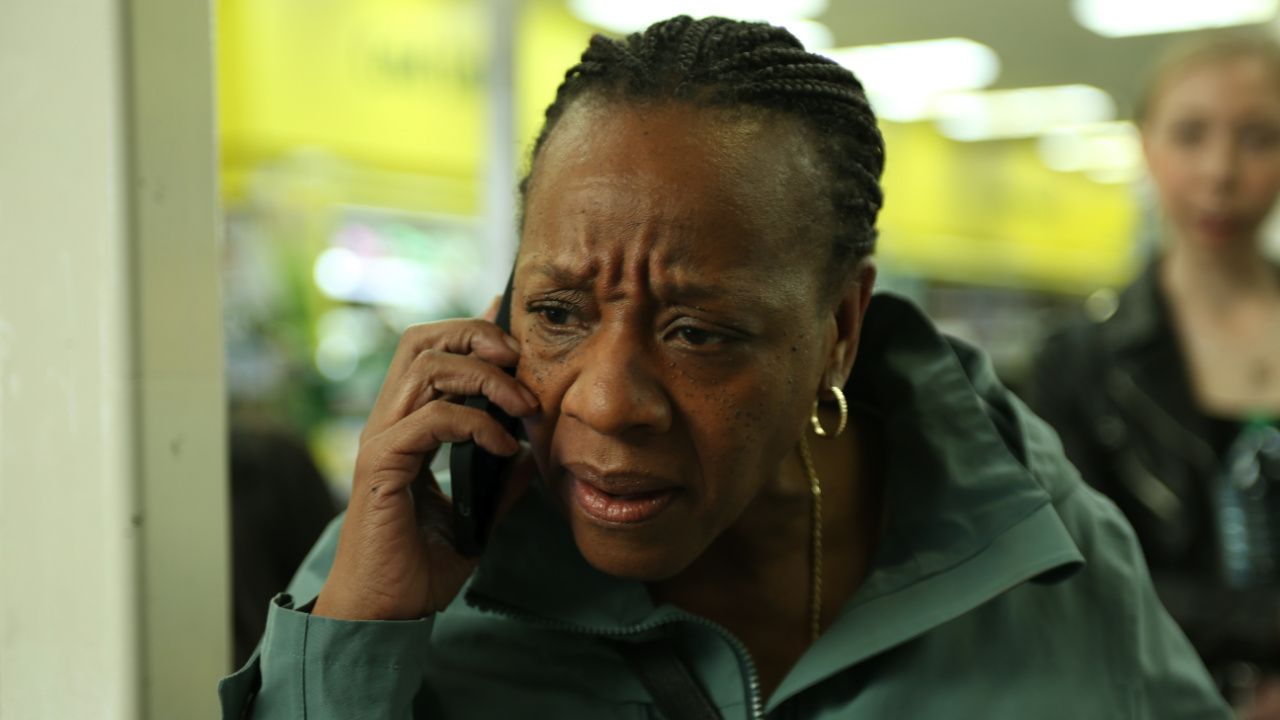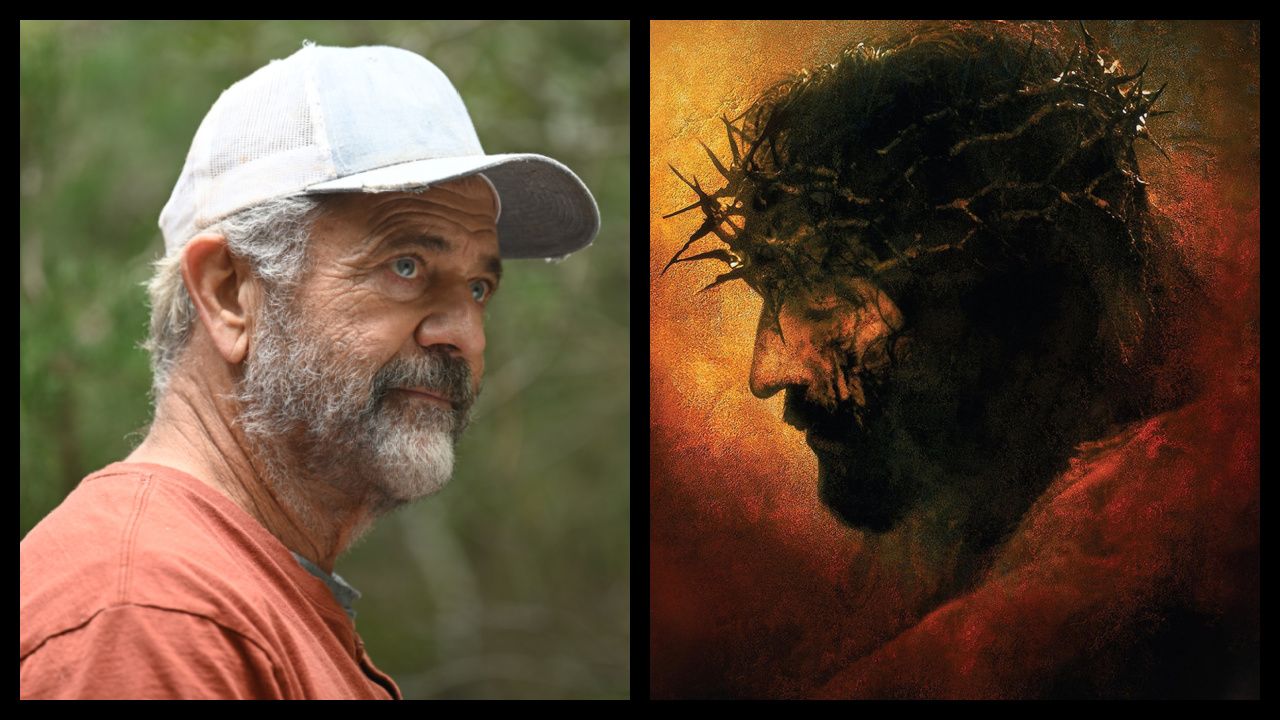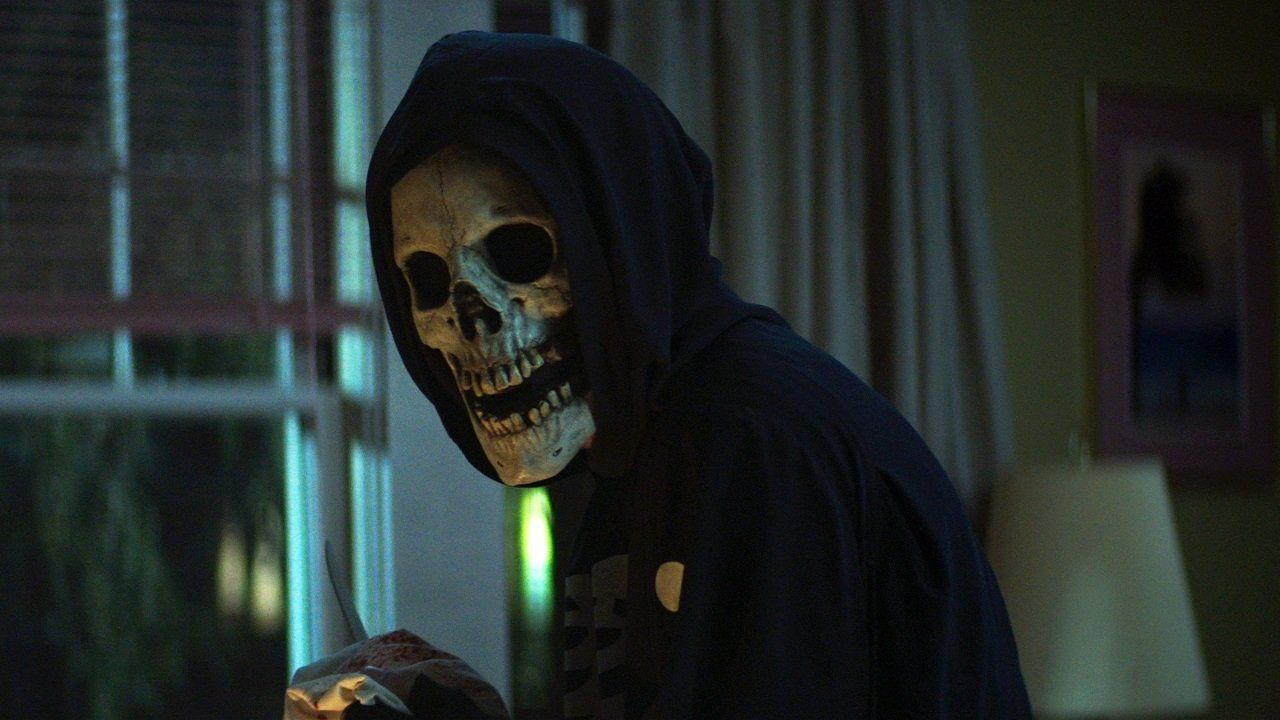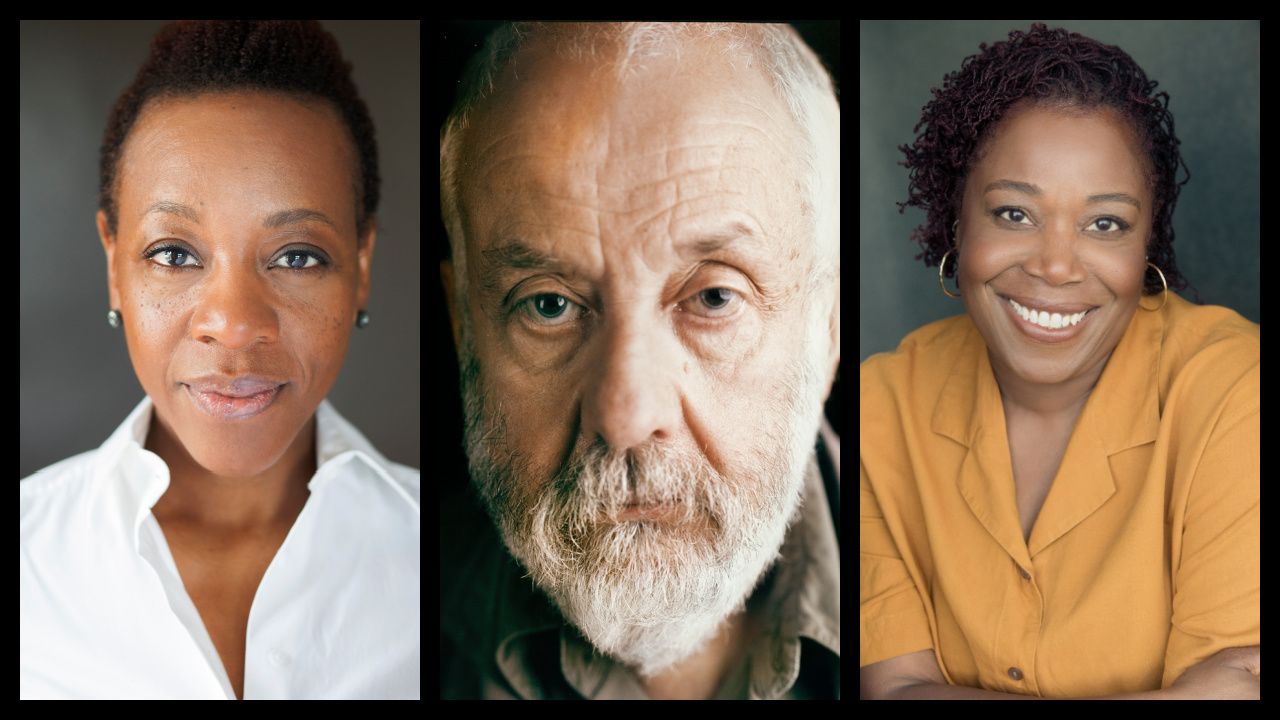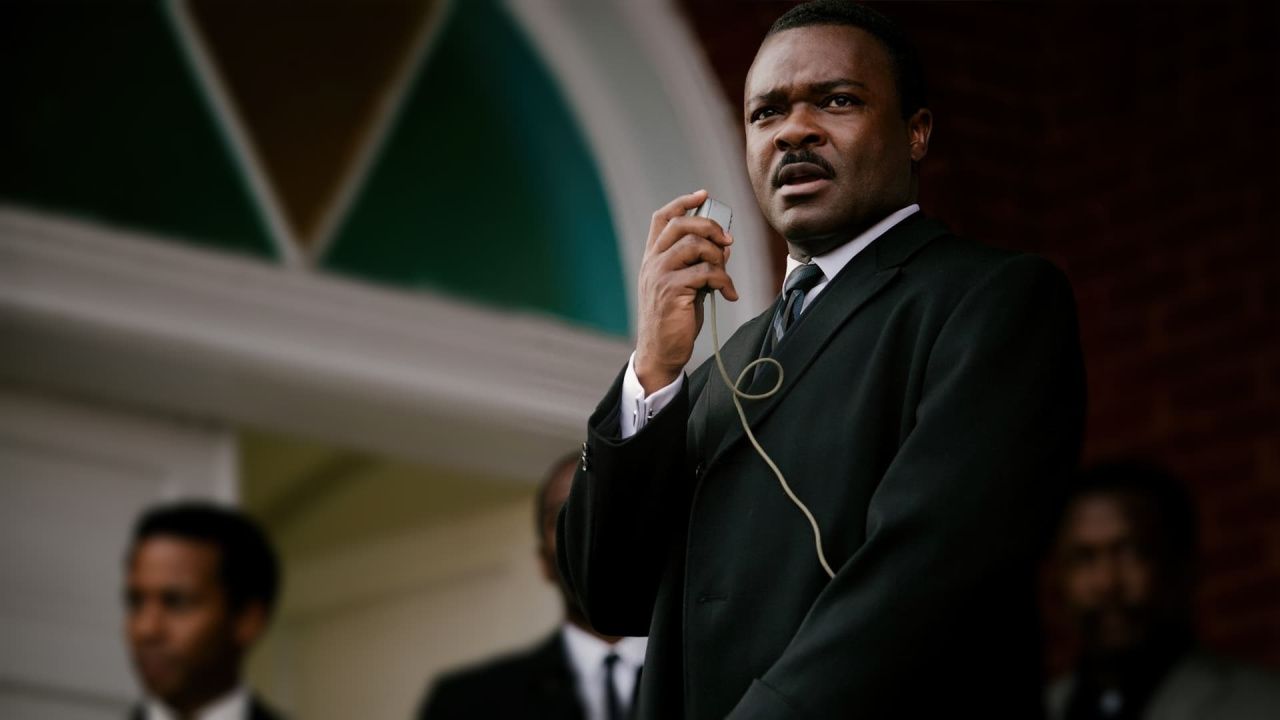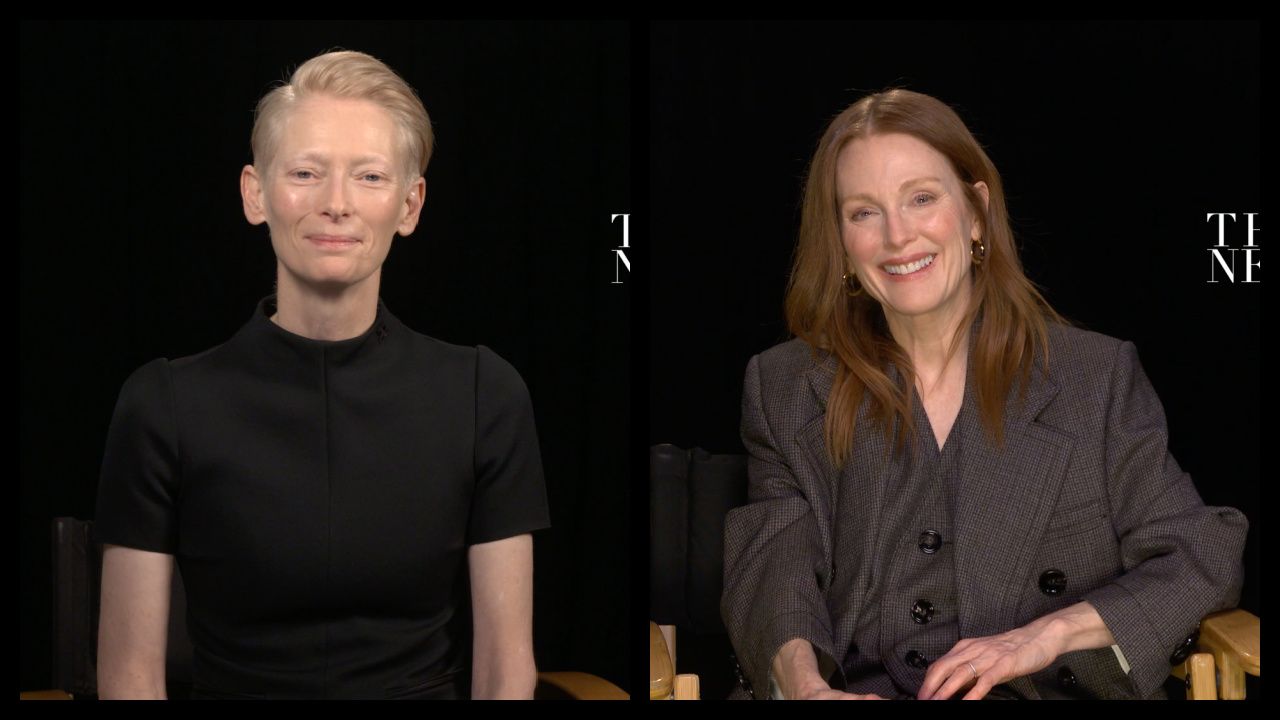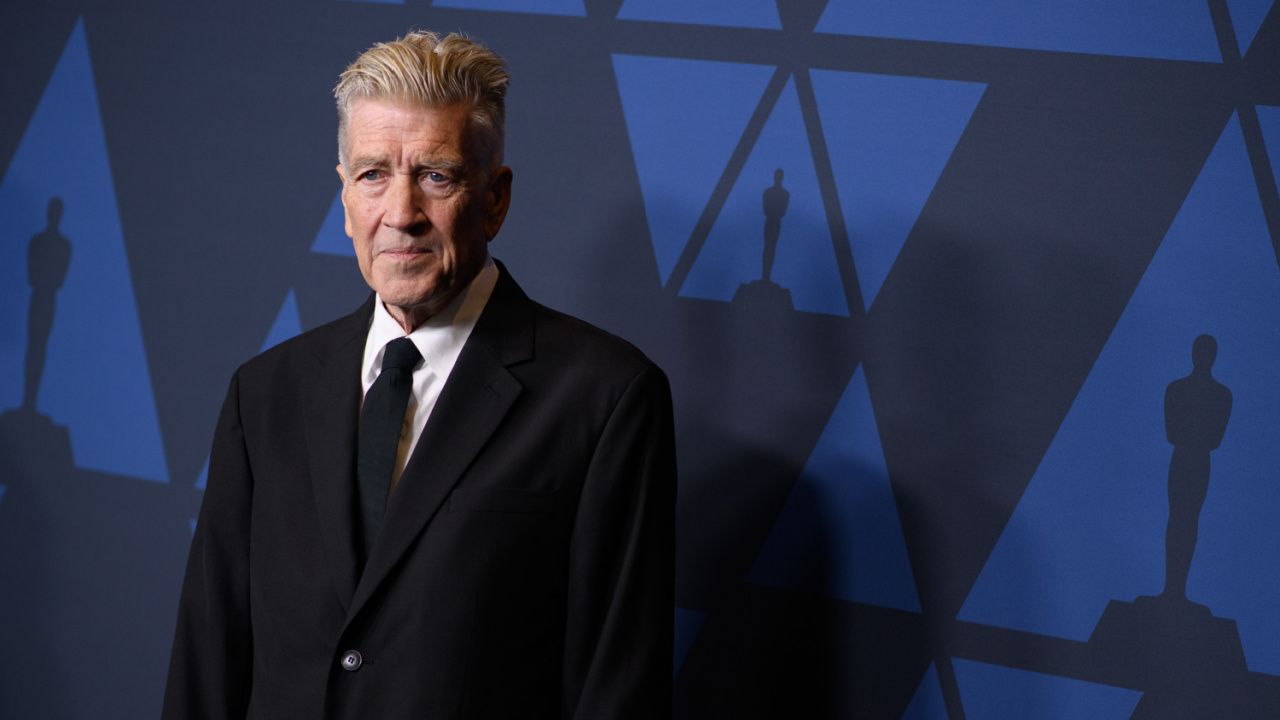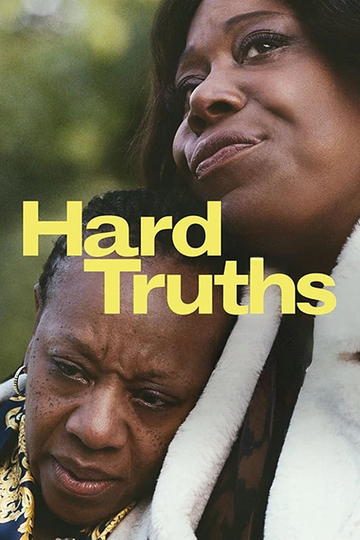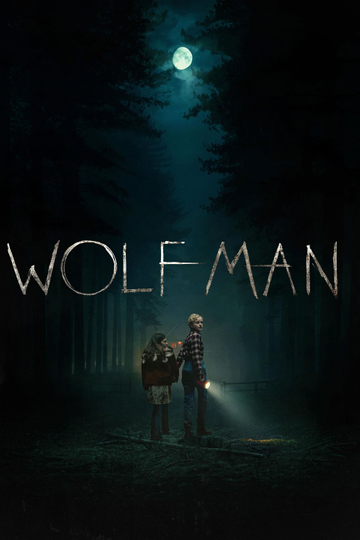Anna Kendrick Talks Thriller 'Alice, Darling' and Her Challenging Role
Moviefone speaks with Anna Kendrick about 'Alice, Darling.' "What I found exciting were the places where Alice is kind of unlikeable," the actress explained.
Opening exclusively in AMC Theaters on January 20th is the new psychological thriller ‘Alice, Darling,’ which was directed by first time feature filmmaker Mary Nighy.
The movie stars Anna Kendrick ('Pitch Perfect,' 'Up in the Air') as Anna, who is in a psychologically abusive relationship with her boyfriend, Simon (Charlie Carrick).
But after taking a vacation with friends, Tess (Kaniehtiio Horn) and Sophie (Wunmi Mosaku), she reassesses her relationship and attempts to break her codependency in spite of Simon's vengeful attitude.
Moviefone recently had the pleasure of sitting down in-person with Anna Kendrick to talk about her work on ‘Alice, Darling,’ her first reaction to the screenplay, the aspects of the character she was excited to explore, Alice's abusive relationship with Simon and how that affects her both mentally and physically.
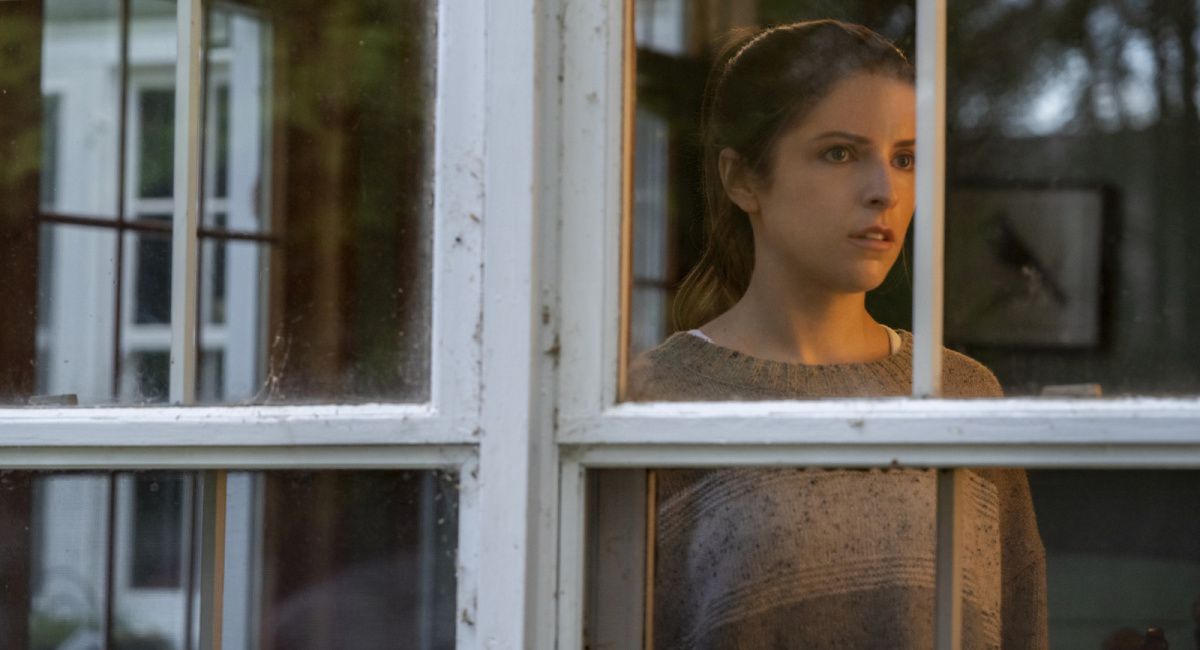
Anna Kendrick in 'Alice, Darling.'
You can read the full interview below or click on the video player above to watch our interview with Anna Kendrick about ‘Alice, Darling.’
Moviefone: To begin with, can you talk about your first reaction to reading the screenplay, and what were some of the aspects of the character you were excited to explore on screen?
Anna Kendrick: I think my immediate sense reading the screenplay was, I was really excited about this thing that Alana (Francis), the screenwriter had managed to pull off. Which is really rare when you're reading a screenplay where she was very specifically not spelling things out. It wasn't really prescriptive, and she was just doing so much with so little both in the dialogue and in the action lines. She was just really creating a world, a tone and an atmosphere, and it was almost kind of visual poetry. It really invited you into the character, her anxiety and that kind of restraint, that I think is really difficult for screenwriters to trust, I guess.
I totally understand why if you're just putting it on paper and sending it out, wanting to be like, “This is what I mean by this.” She really created a piece of poetry, and so everybody showed up to the movie with the same sense of tone, if that makes sense. I've been on film sets before where you're like, “Oh, I think a lot of us are in a different movie right now. We're saying the lines and everything, but you're in a different movie than I'm in.” Everybody really knew what this movie was, and that meant that we just had to show up and do our jobs, and that was exciting. I think with Alice's journey, there's a lot of high impact moments, but what I found exciting was some of the places, especially early in the film where Alice is kind of unlikeable.
She's in a bad spot, and sometimes when you are not well and things are not good in your life, you're not perfectly vulnerable and you're not this kind of doe-eyed innocent lamb. Sometimes you might be cold to your friends, you might push people away, you might withdraw, and it doesn't seem like there's a lot of inner life going on. There's not much to draw you in, which is kind of vulnerable for me as a performer because very explicitly, I try to draw people in. It was weird to trust that the audience would be willing to stick with Alice long enough to see what was really going on with her.
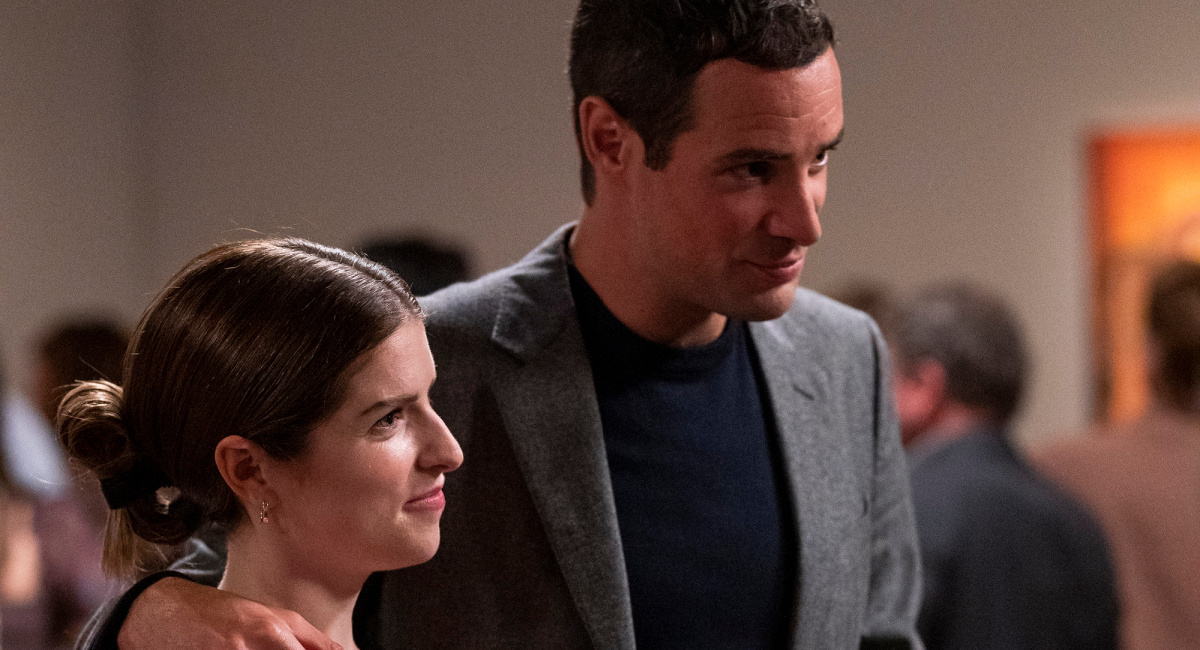
(L to R) Anna Kendrick as Alice and Charlie Carrick as Simon in 'Alice, Darling.' Photo Credit: Samantha Falco.
MF: Finally, Alice's relationship with Simon is literally physically making her sick. Can you talk about that abusive relationship between the two of them and how it brings out these obsessive compulsive aspects of her personality?
AK: First of all, Charlie who plays Simon, was such an incredible scene partner and ally for me on set. We both had the same thoughts about making sure that the relationship really felt like the kind of thing where you could understand why Simon would be convinced that he was the victim, and Alice would be convinced that she was the perpetrator. We talked about that a lot and I felt so lucky to have him as my partner in this.
I think that I've talked to a lot of women, and I know for me personally, there is something about this kind of invisible internal, just soul crushing experience where there are manifestations physically. Whether it's a rash or you have stomach problems, I feel like that's something that comes up, these kind of physical, symptomatic things. I thought it was really smart of Alana, the screenwriter, to have that manifest in this kind of obsessive hair twirling and tugging. There's just such an evocative image to sort of punish the self, and to punish a part of you that is supposed to be, especially as a women, beautiful, shiny and pleasing.
To be compelled to harm this part of yourself, this external part of yourself, because what's going on inside simply must be expressed in some way. It was just such beautiful writing and it was really fun to try to capture that perfectly on camera. That was one of the first things that we did on the camera test day with Mary and our brilliant cinematographer, Mike McLaughlin, was really get in there with these macro lenses and try to find the perfect way to show the tension of the strand of hair around a finger, because strands of hair turns out to be very challenging to put on film, but it was really fun to do.
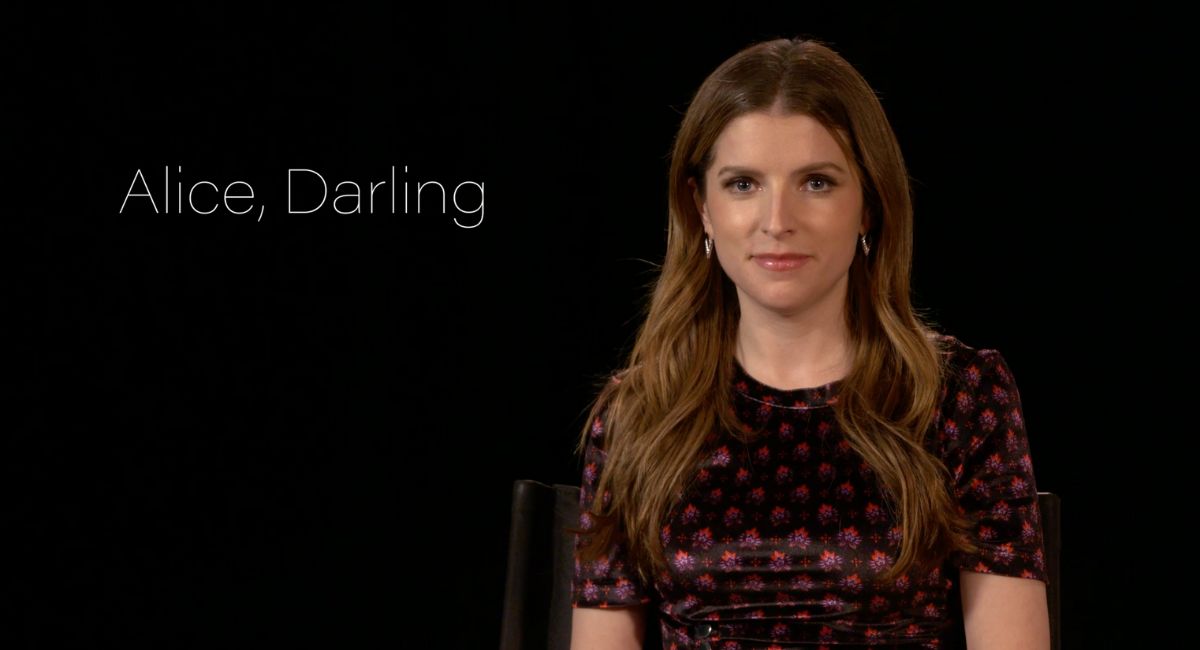
Anna Kendrick stars in 'Alice, Darling.'
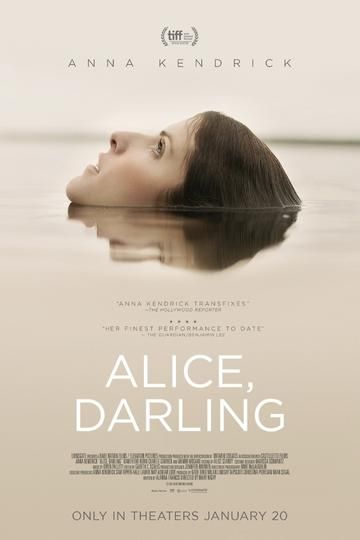
Alice, Darling












